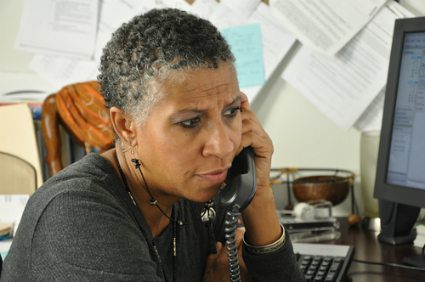What Is Empathy?
Empathy is the ability to understand and share the feelings of another person. It goes beyond simply recognizing someone’s emotions—it means truly stepping into their shoes, feeling what they feel, and acknowledging their experience without judgment. Empathy deepens our understanding of those around us and strengthens our personal connections.
Whether you’re navigating a relationship, helping a friend through a tough time, or simply striving to be more compassionate, empathy serves as a powerful tool for creating meaningful bonds.
How Empathy Connects Us
At its core, empathy bridges the gap between people. When you genuinely try to see the world through someone else’s eyes, it fosters a deep sense of connection. It shows others that they’re not alone, helping to build trust and understanding in your relationships. Couples can use empathy to enhance their emotional bond, parents can connect on a deeper level with their children, and individuals can empathize with friends, colleagues, and loved ones to improve their communication and relationships.
Building Meaningful Connections
Empathy transforms ordinary relationships into meaningful ones. When you take the time to validate someone’s emotions, you’re telling them that their feelings matter. This small but powerful act can strengthen relationships with your partner, your children, or those closest to you.
For couples, empathy can pave the way for healthier communication. Rather than reacting defensively, understanding a partner’s perspective can diffuse conflict and create opportunities for growth. For parents, practicing empathy can foster trust and open up dialogue with their children, enabling better problem-solving and emotional support.
Helping Others Through Challenges
Empathy plays a crucial role in guiding others through difficult times. Imagine a friend or partner navigating grief, frustration, or worry. By offering empathy—whether through listening or simply sitting with them—you contribute a sense of support and care. Just acknowledging someone’s emotions can alleviate loneliness and provide the strength they need to move forward.
For parents, empathy can be a guiding light when helping children learn to manage big emotions or challenging situations. For individuals, it equips you with the emotional intelligence to support loved ones when they need it most.
Why Empathy Matters
Empathy helps people feel seen and understood, creating stronger relationships and a sense of belonging. It encourages kindness, builds trust, and makes it easier for us to work through life’s ups and downs together. By practicing empathy, we not only improve our relationships but also make the world around us a little kinder.
Take a moment to listen, ask open-ended questions, and try to see things from another’s perspective. Whether you’re a partner, parent, or friend, practicing empathy can open doors to deeper, more fulfilling connections.
If you need help becoming more empathetic in your relationships, get in touch.








